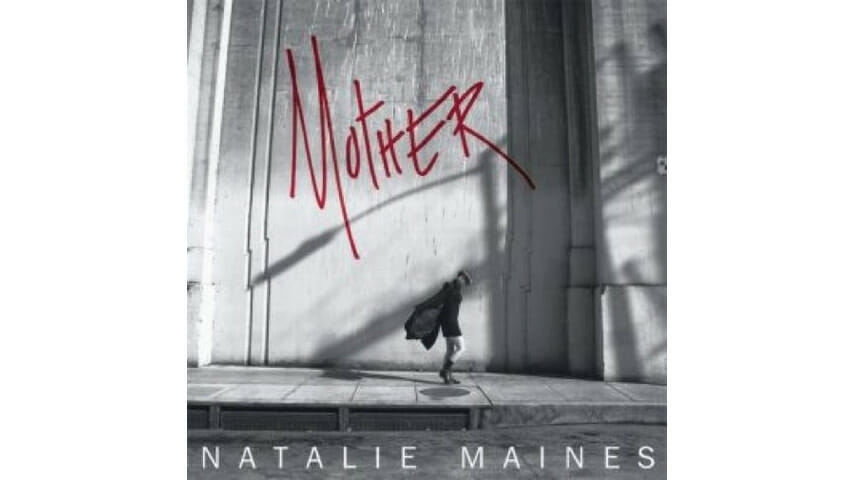Natalie Maines: Mother

The lines that separate country music fans from, well, fans of any other style of music are some of the most blindly protected and strictly observed separations that occur in this country. If I were to bet on a Republican from Biloxi to vote for Obama or a Mac owner in San Francisco to try out a Dell with his new computer purchase, both would seem more likely than a Williamsburg barista giving a Brad Paisley album a listen based on someone’s recommendation. Back in the days of Myspace, music preference was so commonly listed as “anything but country” that it should have been a default option.
In 2013, it would seem like things are getting better. Taylor Swift appears to be fully crossed-over, entertaining fans in both the country music and pop music worlds. Kacey Musgraves could possibly do the same. Of course, certain country artists have always landed pop hits or achieved some mainstream success, from Dolly Parton to Garth Brooks to Shania Twain; the difference is none of those artists were seen as viable listening for most who took an active interest in music culture. In short, it is not uncool to say you like Taylor Swift in that Williamsburg coffee bar in 2013, and that has simply not previously been the case with country artists.
One act that always seemed like it could achieve a similar status was the Dixie Chicks, and without a doubt, they made a significant commercial impact in the mainstream, and are probably a part of your parents’ CD collection. But, the thing that best made music critics and the taste-making youth give the Dixie Chicks a chance was the same thing that caused the three women to be excommunicated from the country music community in 2003, when Natalie Maines expressed to a London audience that the Dixie Chicks ”do not want this war, this violence, and we’re ashamed that the President of the United States is from Texas.” Maines was speaking of the Iraq invasion, and the incident resulted in boycotts, demands for an apology, and eventually, a disassociation of the band from country music radio. The group recorded one album after this, Taking the Long Way, and it wound up winning the highest prizes at the Grammy Awards, as well as a Juno for best international album, but was ignored by many in their previous audience.
-

-

-

-

-

-

-

-

-

-

-

-

-

-

-

-

-

-

-

-

-

-

-

-

-

-

-

-

-

-

-

-

-

-

-

-

-

-

-

-








































